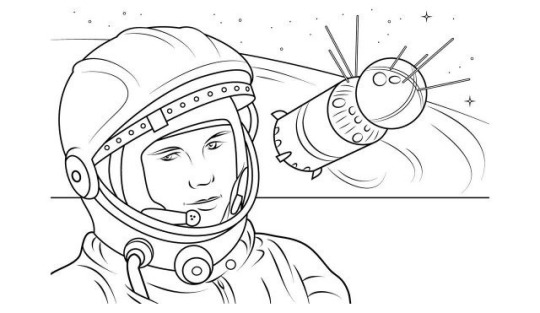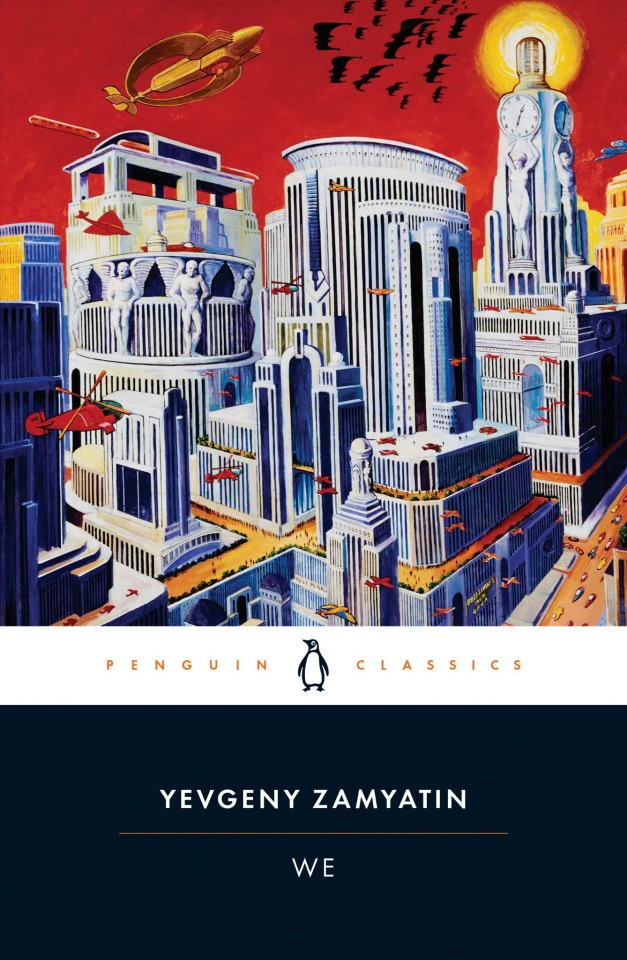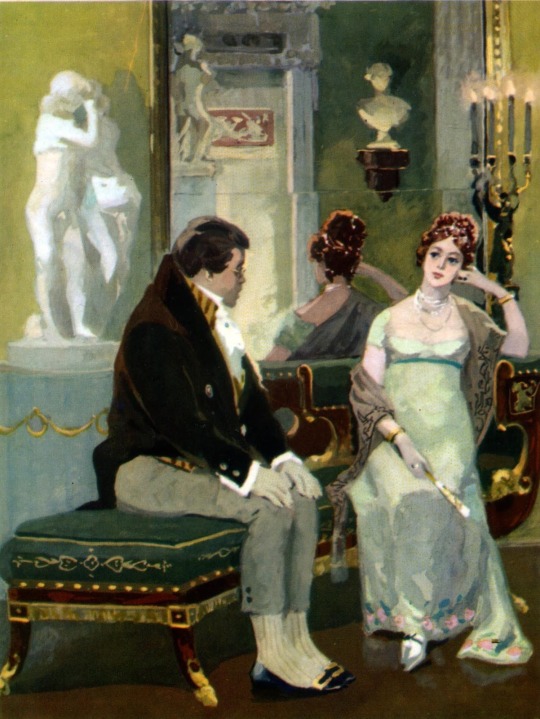Text
Technologies are literally woven into the lives of the modern younger generation. At the same time, technology in education is not only the use of digital devices, but also something that facilitates interaction between teacher and student, which increases the effectiveness, and hence the quality of the educational process.
Technology can be seen as the culprit of many educational problems, and can be used to improve interaction and increase efficiency.
Technologies help to ensure the active involvement of students in the educational process. Online systems allow you to receive regular feedback, including feedback from students about the availability of educational materials and assignments. Data analysis allows the teacher to easily and quickly identify the difficulties of each child and provide timely assistance, identify areas where students can compete, which means it is easy to adjust the work of each student or work in a group.
Also, the use of programs can automate the verification of completed tasks. Modern technological tools simplify the systematization and selection of individual tasks for students, help to track the activity of their participation in the discussion.
Studies have shown that smartphones and gadgets distract children from the learning process. Limiting the use of gadgets usually only aggravates the situation, because children feel disconnected from the familiar world.
Children who are passionate about the virtual environment often prefer online communication than real meetings. Thus, technology can negatively affect the development of students' communication skills and social interaction.
In conclusion, now is the time to start combining the traditional method of offline learning and online technologies in the field of education.
The new features are not intended to replace the teacher. Technology is a tool that allows you to significantly improve the quality of the educational process.
A modern teacher should be able to use it competently, keep it under control and know the advantages.
6 notes
·
View notes
Text
The fate of man.
Society rarely thinks about how hard great people achieve success. Sometimes it seems that they are "born in a shirt": their whole life consists of a series of successful coincidences.
Some people devote their whole lives to the search for their vocation, but they are not satisfied with their choice, being in constant expectation of changes that never happen. Does it mean that someone is destined for a better future from birth than ordinary "unsuccessful" people?
It is not for nothing that they say: all coincidences are not accidental. Socrates said: "It is not a profession that chooses a person, but a person chooses a profession."
On the example of the life path of Yu .Gagarin can be convinced that without certain accidents he would never have become an astronaut. Still, do not forget also that Yuri Alekseevich aspired to space at any opportunity, and nevertheless had a higher education in another field.
I agree that with a favorable combination of circumstances, it is possible to radically change your fate, but at the same time, without due diligence, nothing can be achieved.
In conclusion, we can say that after all, a person builds his own destiny, taking into account the factors that can affect it. Also, an important role in this is played by the ability to accept any circumstances: both sad situations and pleasant surprises.

4 notes
·
View notes
Text
We are constantly in search of happiness. What if happiness had been a constant since birth? Have you ever thought that the time we spend searching for our business or our person could be spent more productively? And whether happiness is really important and whether it is worth making its achievement the meaning of your life.

0 notes
Text
All these books. Knowledge that now promises nothing but a way to pass the time. A way to escape life itself.
0 notes
Text
“Ward No. 6” written by A. P. Chekhov.

A sad story about a doctor who wanted to be a clergyman.
The hopelessness of the futility of treating patients in the condition of unsanitary conditions and a small budget internally kills a hardworking doctor, Andrey Yefimovich Ragin, who begins to be indifferent to his work.
One day, after long identical days, he finds an interlocutor, Gromov, who is a patient of the hospital. Conversations with Gromov make a deep impression on Andrey Yefimych. The doctor takes the position of the Greek Stoics and preaches contempt for the suffering of life, and Gromov, on the contrary, dreams of ending suffering, calls the doctor's philosophy laziness.
Others do not approve of the doctor's attachment to ward number 6, in which Gromov lies, and suggest that he take a vacation or resign.
After an unsatisfactory vacation, Ragin returns home to financial difficulties, which makes him irritable.
Conversations about Ragin's insanity do not stop behind his back, he will be advised to go for an examination. On the same day, Ragin's colleague lures him to the ward, in which the main character realizes that he will not leave this place anymore. He easily accepts his fate, as if he himself understood that this change was only a matter of time.
0 notes
Text
Haven't you read “War and peace” written by Leo Tolstoy? Then scroll through the post.

Beauty and the Beast. Let's analyze the Image of Elena Kuragina (Bezukhova) in the novel.
Every person is beautiful in their own way and disgusting in their own way. Tolstoy in his epic novel "War and Peace" was able to capture many different characters, showed from different sides of the human soul. The external appearance of his characters may hide a limited inner world.
Helen Kuragina is one of the most outwardly beautiful characters in the novel. She "... with the beauty of her figure, full shoulders, very open, according to the fashion of the time, chest and back, as if she brings with her the brilliance of the ball... " But behind the beauty hides a callous heart. In the course of the story, the beautiful Helen appears to the reader as a monstrously calculating girl.
The Kuragin family stands out for its hypocrisy. While the daughter is in bloom, the mother is growing old. In the heart of the mother lives irritation to the beauty of her daughter, she ceases to be the center of attention: "Princess Kuragina, a massive, once beautiful, personable woman..."feels" envy of his daughter's happiness." The mother has no authority in the family.
The relationship between father and daughter is the foundation on which her idea of herself and the role of a man in her life is built. The Prince, on the other hand, seems only to be playing the role of a parent, and addresses his daughter "with that casual tone of habitual tenderness which Prince Vasili has divined by imitating other parents." Kuragin considers all his children a burden. Taking care of their future, he makes important choices in the lives of his children for them. The result of such education is infantile character, inability to make decisions and irresponsibility. All this can be traced in Helen Kuragina. For her, love in the family becomes conditional, and in order to earn it, the girl needs to constantly achieve and show results, so that her father would pay attention to her. A woman who grew up with such a father becomes purposeful, tough, domineering, often lonely or choosing weak and dependent men.
The manifestation of the real character of Kuragina we see in her attitude to her husband, Pierre Bezukhov, immediately after the wedding. She treats her husband coldly, stating that she does not want children from him. This means that their family has no future, and the most beautiful lady only needs Bezukhov's money. In the family, Helen did not know sincere love, so this feeling is alien to her. Pierre, who is finally looking at the monster in beauty, is shocked by the contrast. When Bezukhov gets bored with Helen, she causes jealousy in her husband, who is ready to give her all his wealth, just to get rid of the company of his "stupid" wife. Thus getting rid of her husband, Helen does not lose her position in society and continues to have affairs with others.
The image of Helen in the novel is compared to a beautiful box that is empty inside. Pierre, listening to his feelings, admits that "... he was overcome by the feeling of desire that he experienced over the snuffbox at Anna Pavlovna... " at the sight of Helene at the beginning of the novel. It was the same feeling with all the other men who followed her. Everyone wants her attention, wants to see her again. Tolstoy emphasizes that Helen is pleasant to everyone's interest , for everyone she is like a beautiful marble statuette: "...the marble beauty that was one with her dress...".
In conclusion, it can be said that Helen is specially shown by Fat as a soulless girl who does not notice her ugliness. It becomes the life experience of Pierre Bezukhov, makes him reconsider his life values, understand what he truly wants. Helen never manages to be happy, it teaches us to look at ourselves from the outside and think about the consequences.
0 notes
Text
I don't want to regret what will happen. Will happen in the future
0 notes
Text
One day people will stop poking their noses into other people's Affairs and wrecking other people's lives just for fun. But I'm afraid that time will never come.
1 note
·
View note
Text
"Eugene Onegin" (Yevgeniy Onegin).
A legendary novel in verse written by Alexander Pushkin, will tell you a love story full of tragic moments. The suddenness and transience of actions, the maelstrom of events surrounding the main character, Eugene Onegin, will capture you from the first line! No lengthy introduction, only dynamic development of the action, sudden plot twists. What will it mean for a selfish, bored young man to move from the city to the country, and what will make him regret it and go back to his old life? Unrequited love, sincerity, regret, injustice, alienation: a whole bouquet of feelings can be enjoyed while reading the novel. Hurry up to read wonderful story. It is simply impossible to pass by!

A duel that shouldn't have taken place.
0 notes
Text
Argumentative essay in a scientific style. Achievements of the 20th century.
The development of modern civilization, which began in the twentieth century, led to the evolution of world production, the main factor of which was science. On the basis of this, a scientific and technical revolution took place. The scientific discoveries of the first half of the twentieth century: in the field of nuclear physics, Biophysics, Microbiology, and polymer chemistry became prerequisites for STR.
The main result, which led to the achievements of the last century, is considered to be the creation and introduction of fourth-generation computers in the economy, industrial automation.
In certain cities, an elite of laboratories and factories was formed that provided solutions to large-scale problems. As a result, these cities formed a significant part of the country's scientific potential. Also, in the twentieth century, there were transistors, computers, artificial Satellites, rockets, jet aircraft, penicillin.
Any simplification of economic systems entails social problems, such as globalization, the Erasure of traditional borders, and unemployment. If the state sought to allocate funding for new-fangled projects, there were not enough resources to solve General civil problems. Heavy, unusual working conditions, low technical level of production, underestimation of technological and design services led to useless financial and labor costs.
Academician I. V. Kurchatov said: "We need to train new personnel, develop a new experimental and theoretical base in the ministries. But it is necessary to make this reconstruction, otherwise we will slow down the new technology and not fully use the greatest discovery of modern science for our construction." He argued that the achievements of the last century launched a global renewal that cannot be missed, despite the General unpreparedness of people for reconstruction.
Thanks to the growth of research centers and the strengthening of the base for research, such branches of science as biochemistry, Agrochemistry, Biophysics, Virology, breeding, and genetics have developed. The modern model of work was formed on the discoveries of the XX century.
0 notes
Text
A body was given to me — what to do with it,
So unique and so much my own?
For the quiet joy of breathing and living,
Who is it, tell me, that I must thank?
I am the gardener, I am the flower as well,
In the dungeon of the world I am not alone.
On the glass of eternity has already settled
My breathing, my warmth.
A pattern prints itself on it,
Unrecognizable of late.
Let the lees of the moment trickle down —
The lovely pattern must not be wiped away.
O. Mandelshtam
1 note
·
View note